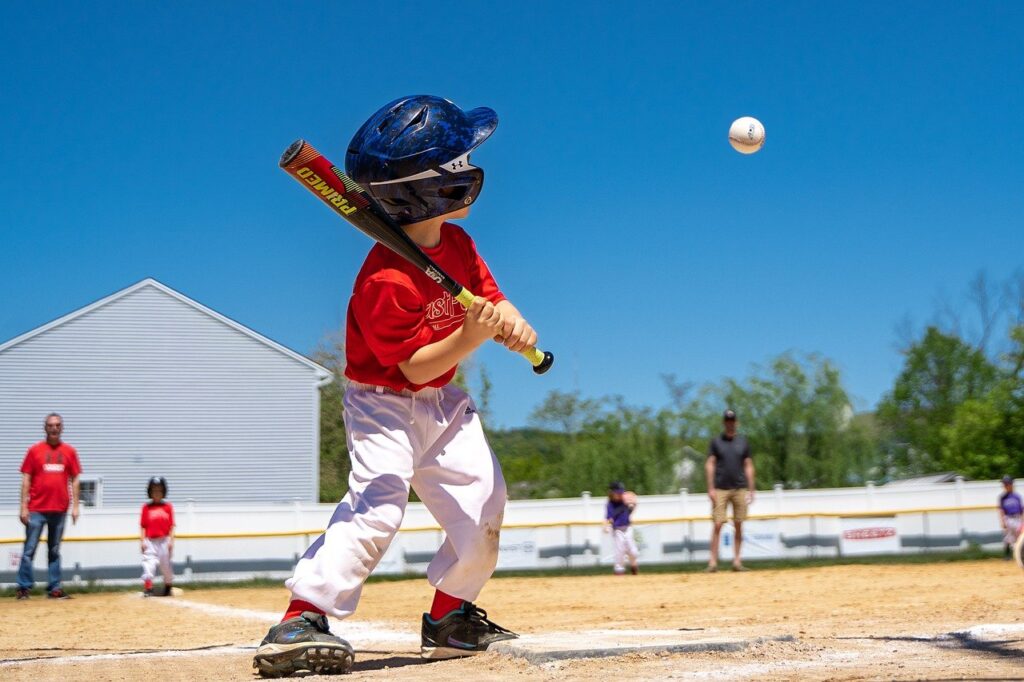Since 2010, the Allan H. Selig Award for Philanthropic Excellence has recognized the charitable initiatives of Major League Baseball (MLB) clubs. Named after former Commissioner Allan H. Selig, the award honors programs that demonstrate innovation, inclusion, and social responsibility.

For 2024, five MLB clubs have been named finalists, each representing a unique contribution to community betterment:
- Chicago Cubs: Their Careers As Sports Executives (CASE) program provides free training and career opportunities for high school students interested in the sports industry.
- Minnesota Twins: Partnering with Special Olympics Minnesota and Courage Kenny Rehabilitation Institute, the Twins’ adaptive youth sports programs foster inclusion and create opportunities for athletes of all abilities.
- Washington Nationals: With a decade of community initiatives, the Nationals have focused on education, youth development, and social impact in the D.C. area.
- Kansas City Royals: Their Shut Out the Stigma program, in collaboration with Blue Cross and Blue Shield of Kansas City, raises awareness about mental health, particularly in youth sports, and provides resources for those in need.
- Atlanta Braves: The Our Promise to Hank initiative promotes equity and access to baseball by increasing minority participation in under-resourced communities.
Fans played a role in the selection process through an online vote, which closed on October 18. The winner will be announced during the MLB Winter Meetings in December.
Win or lose, the 2024 finalists show that baseball is about more than just the game. Whether by creating career pathways, promoting inclusion, or investing in communities, these clubs exemplify how sports can inspire positive change and demonstrate how baseball’s impact extends beyond the field, touching communities across the nation.

